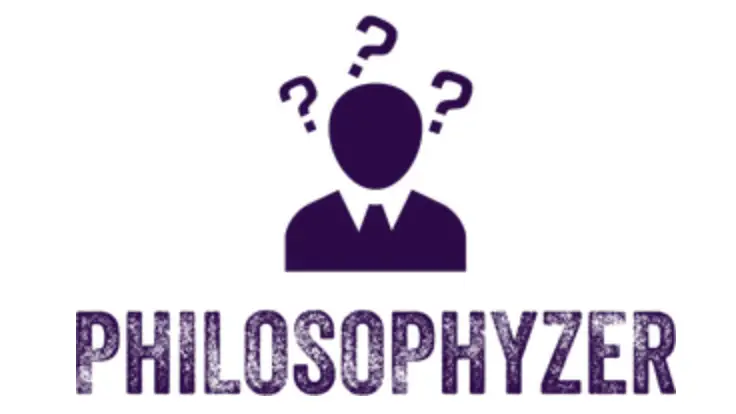You can probably tell that I am on a ‘Carl Gustav Jung‘ binge at the moment! I am, of course, teaching a great deal of Psychology of Religion!
Remember that when you write essays in Philosophy, you are expected to give an argument and counter argument or thesis and antithesis. Today, we will be summarising both the positive and negative of Jung on Religion.
Before reading this, you may want to recap on Jung on Religion.
Negative Assessment of Jung’s Treatment of Religion
1. Jung is often accused of being an atheist. This accusation stems from the fact that in his Scientific works, he seldom speaks of God, but rather uses the term ‘the God-image in the human psyche’ Jung often protested that he was a psychologist and not a theologian. Goldbrunner accused Jung of not knowing what God is in himself.
2. Jung was and is accused by Orthodox Christians of sacrificing the uniqueness of Christianity in general and the person of Christ in particular. Jung was very much a Christian in one sense. He called Christianity a myth. But that ‘myth’ had become ‘mute’ and needed to be reinterpreted for our time, if that was possible. Other religions gave an expression to the archetypes in the unconscious and, therefore, they could not be judged inferior. Jung may be thought of as the first multi-faith person ahead of his time.
3. Jung is often accused of underplaying the reality evil, even after dissolving it. Christians in particular have been offended by the idea that evil can be located in God. The traditional Christian view of the evil (Privatio Boni) seems dangerous. Jung refers to the way in which the traditional Christian view of the suffering of Jesus ‘poisoned my whole religion’.
Positive Assessment of Jung’s Treatment of Religion
1. Despite the accusations of atheism, Jung had a lifelong interest in the relationship between orthodoxy and religious experience. He sought to demonstrate what his father tragically failed to discover – the true object of religious faith is not a particular creed or dogma, but the experienced reality to which they point. Because of this, Jung probably spoke more directly to those who were without religion or who had lost their faith, than almost any other writer of the Century.
2. Because Jung’s work was much more sympathetic towards religion than Freud, Jungian psychotherapy has greatly influenced the pastoral work on the Church. John A. Sanford has written several influential books on the Jungian approach to Christian problems.
3. Many excellent and widely acclaimed studies of religious myths have been created that utilise Jung’s psychology. The best known of these are the works of Joseph Campbell, particularly The Hero with 1000 Faces.
Mircea Eliade, too, has made great use of Jung’s writing in showing how a depth psychological perspective on the religions of mankind can restore the religious dimension. More recently, Wendy Doniger O’Flaherty has applied Jung’s methods to religious texts.
What do you think? Do you have a positive or negative assessment of Jung’s treatment of religion? I’d love to hear your views.

2 thoughts on “Assessment of Jung’s Treatment of Religion”